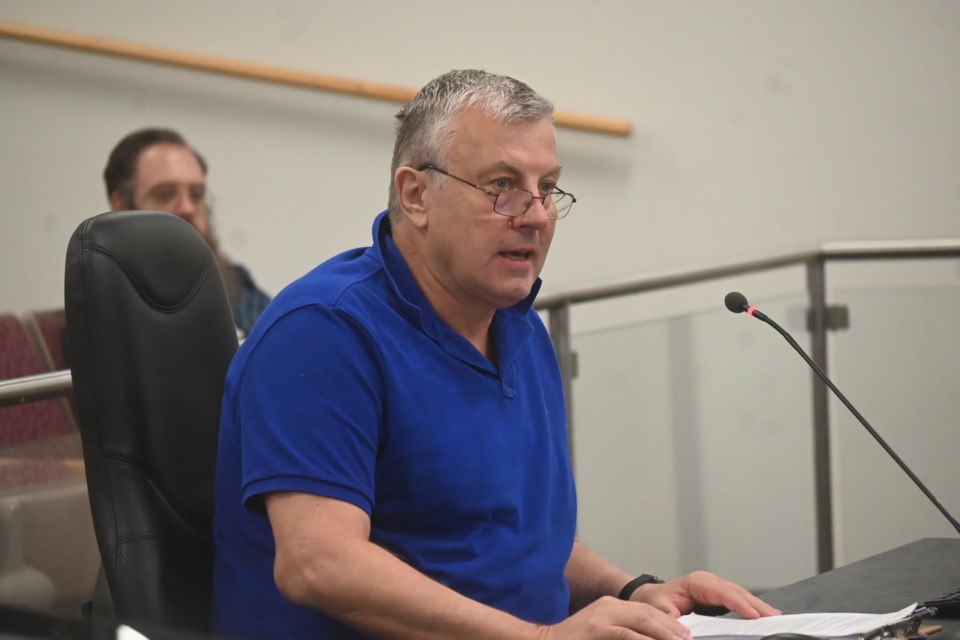The Town of Newmarket is proceeding with a new tax on hotels and short-term rentals despite some concerns from businesses in the industry.
Council gave tentative approval to a new municipal accommodation tax today, June 17. The tax is proposed to be four per cent and would apply to all hotels and short-term rentals, meaning that guests at Newmarket’s accommodations will get charged some extra dollars for their stay starting in 2025.
The town estimates this could raise $600,000 annually, which would fund tourism initiatives. Newmarket Mayor John Taylor said that despite the industry concern, this is a good way to support the events and attractions the town is creating.
“We are making a mark that is being noticed,” Taylor said. “If we want to grow and achieve further in this area, it’s either this or the tax base.”
On a $150 room, the tax would amount to just under $7 per stay, factoring in that HST applies to the accommodation tax. The funding would be a 50-50 split under provincial regulation, with the municipality able to take half. The other half would need to go to a designated non-profit organization to use toward tourism initiatives.
In Ontario, 45 municipalities have implemented such a tax. But hotel operators have noted that the tax does not yet exist in any of Newmarket’s surrounding municipalities, putting them at a potential disadvantage.
Best Western Voyageur Place Hotel president Marek Dabrowski presented to council to oppose the tax. He said the public consultation was not adequate and questioned whether the tax would generate that much revenue for the town. He also said that with more hotel rooms coming to Aurora and Bradford, the tax could prove problematic for local hotels.
He also said there is no indication of how the funds will be utilized and questioned whether town initiatives would really bring in enough tourism to make a difference.
“The report received today is fundamentally flawed,” Dabrowksi said. “This is not the right thing to do.”
But although Dabrowski said patrons are mindful of such costs, councillors pushed back on the idea that the tax would be significant enough to really push people to stay in other communities.
Councillor Jane Twinney said it stands to provide good benefits to the community.
“We’ve talked about this many times, being creative and looking at different ways of being able to invest in our town,” she said. “Invest and grow it in ways that everybody here absolutely loves and enjoys.”
Deputy Mayor Tom Vegh said it is important to monitor the tax's impact on hotels, good or bad.
“This is really their investment, and they should see some return on this,” Vegh said. “We definitely have to show a benefit.”
In a rare show of dissent in this council term, Councillor Victor Woodhouse voted against the tax. He said there is a disconnect between who is being taxed and who will benefit from those tax dollars.
“Hotels and Airbnbs will not see significantly increased room rates,” Woodhouse said, adding that the added funding for events and tourism is more likely to benefit residents.
Council did not decide what form a designated tourism organization would take. Staff are recommending a municipally created one and will report back in the fall. Council agreed to have staff also consider other options, with Councillor Christina Bisanz raising the chamber of commerce as a potential option.
“I just have some real concern about setting up another corporation, which then will become needing to feed itself in terms of resources and staffing,” she said.
Staff also estimated that the program could take a new staff member to administer, which could cost about $100,000 of the funding.
The motion still needs to be finalized by council, but if approved, the tax would come into effect Jan. 1.
Taylor said this can be a great chance to drive tourism in Newmarket.
“We can do it. I think we can do it well, and we’ve got great partnerships with all kinds of organizations,” Taylor said. “We can make a positive difference and for everybody and continue to be that town that strives to be the best and doesn’t shy away and back off from risk.”




